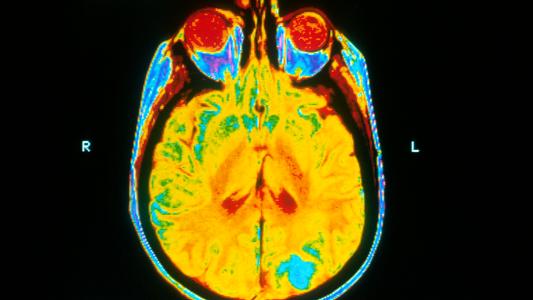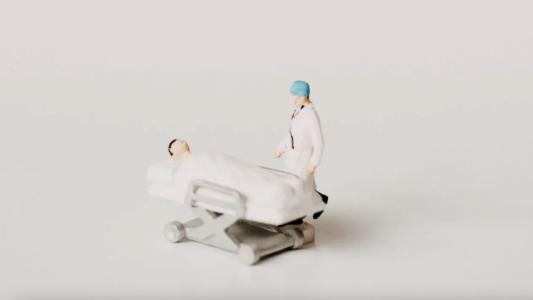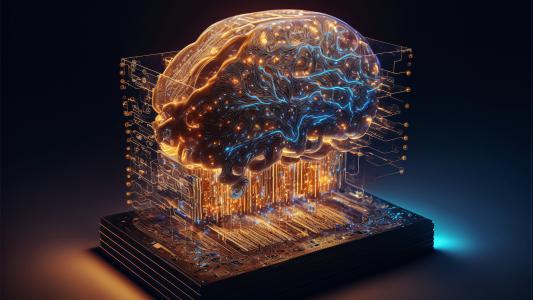Neuroscience
Alzheimer’s disease: an illness that needs a long overdue cocktail
Scientists are starting to agree that the "holy grail" solution for Alzheimer's is more likely to be a drug cocktail than a single treatment.
Epilepsy surgery has a success rate of only 50%. This digital brain may change that.
Using patient data and AI, French researchers have created a digital model of the brain to figure out which brain region needs removed.
Graphene sensor could let you control robots with your mind
The “wonder material” graphene has been used to develop a dry sensor that could enable anyone to control technology with their minds.
Death: how long are we conscious for and does life really flash before our eyes?
When does our consciousness disappear? And are we really flooded by memories in our final moments? Scientists hope to find out.
How close are we to reversing paralysis?
Thanks to groundbreaking innovations in neuroscience, we’re seeing that forms of paralysis long assumed to be permanent can be reversed.
Our new brains: neurotechnology advances that could change everything
Here are the latest developments in neurotech, from brain-computer interfaces to brain-inspired AI.
3D-printing the brain’s blood vessels with silicone could personalize neurosurgery
3D printing could make blood vessel replicas with the soft feel and the structural accuracy surgeons need.
Have scientists found a “brake pedal” for aging?
A new protein discovery may have highlighted a "switch" in brain cells that slows down inflammation and aging.
Wristband device helps to control Tourette’s tics in clinical trial
A new wrist-worn device from the University of Nottingham uses electrical pulses to help curb Tourette syndrome symptoms.
The case for viewing depression as a consciousness disorder
A new hypothesis explains depression as an altered state of consciousness, which could help researchers make an objective diagnostic test.









